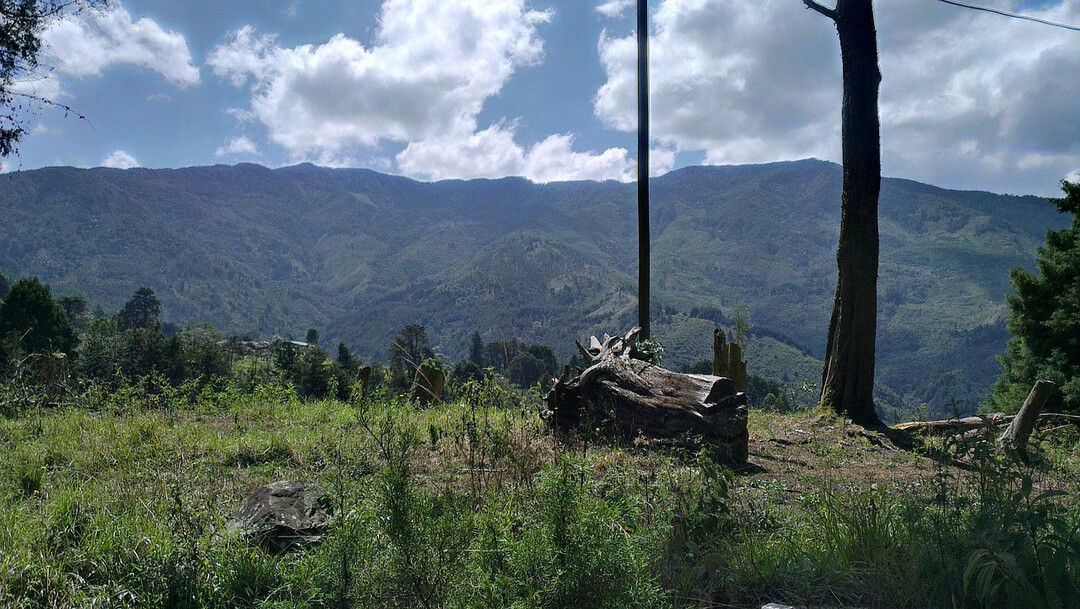
Addis Ababa, Ethiopia – In the heart of the Wolayita Zone, a remarkable transformation is underway. Once barren and degraded, the landscapes of Kebele 03 in Hobicha Woreda are now lush and green, thanks to a community-driven initiative powered by carbon trading.
Zerfe Sertsemedihin, a local farmer, recalls the stark contrast: "Our village used to be a dry, cracked wasteland. But since the World Vision Carbon Emission Program arrived, we've seen a dramatic change. We've planted trees, earned income, and developed a culture of conservation."
A Community-Led Effort
At the core of this success lies the Farmer Managed Natural Regeneration (FMNR) program, a cornerstone of World Vision Ethiopia's climate change initiatives. By empowering local communities to restore degraded forests, the program has yielded significant environmental and socioeconomic benefits.
Kebede Regassa, Climate Change and Environment Projects Manager at World Vision Ethiopia, explains, "FMNR not only rehabilitates forests but also provides financial incentives to communities through carbon credit sales."
A Greener Future
The impact of these efforts is evident in the revitalized landscapes of Soddo and Humbo. Hundreds of hectares of land have been restored, leading to improved biodiversity, soil health, and water retention. Communities have reaped the rewards through increased income and improved livelihoods.
Mekonnen Gujoye, a community organizer in Woyto, highlights the transformative power of collective action. "We've protected our forests, welcomed back wildlife, and created a sustainable future for our children," he says.
Carbon Trading: A Double-Edged Sword
Carbon trading, a market-based mechanism to reduce greenhouse gas emissions, has played a crucial role in driving these initiatives. By selling carbon credits generated from restored forests, Ethiopia has earned significant revenue, which is then reinvested in local communities.
However, the process of qualifying for carbon trading is rigorous. Forests must meet strict criteria, including long-term monitoring and conservation. Kebede emphasizes the importance of sustainable practices to ensure the integrity of carbon credits and the long-term health of the ecosystem.
A Global Model
Ethiopia's success in carbon trading has garnered international attention. The Humbo FMNR Project, in particular, has been hailed as a model for community-based climate action. By leveraging voluntary carbon markets, the country is not only mitigating climate change but also addressing poverty and inequality.
As Ethiopia continues to scale up its carbon trading initiatives, it offers a beacon of hope for other nations grappling with environmental degradation and socioeconomic challenges. By empowering local communities and harnessing the power of market-based solutions, Ethiopia is paving the way for a greener and more sustainable future.
[Copyright (c) Global Economic Times. All Rights Reserved.]






























